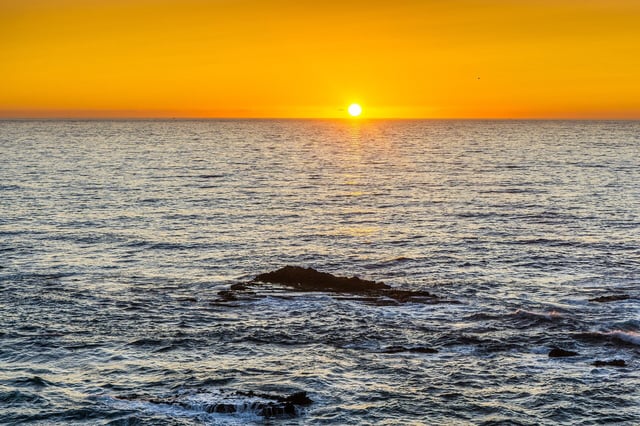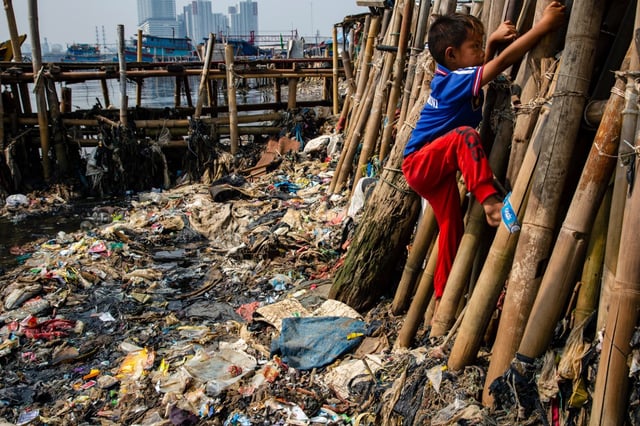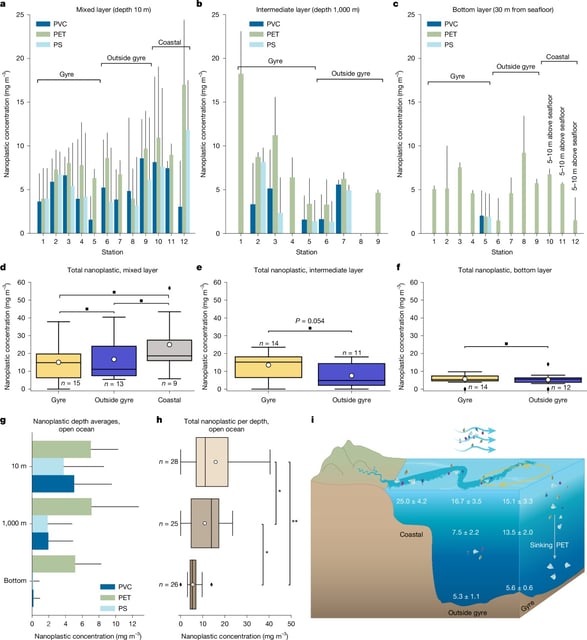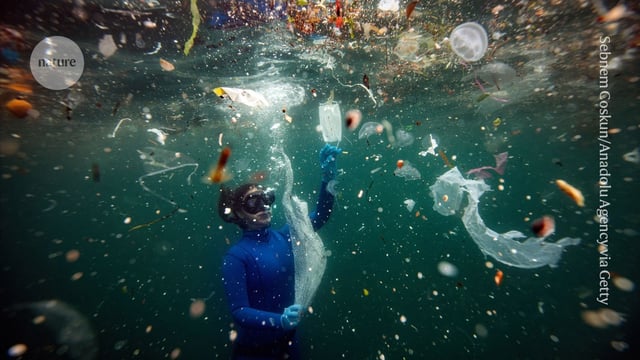Overview
- Delegates from more than 170 UN member states will meet in Geneva from August 5 to 14 to advance a legally binding treaty on plastics pollution.
- A study published in Nature estimates roughly 27 million tonnes of nanoplastic particles in the upper layers of the temperate to subtropical North Atlantic.
- Researchers have cataloged over 16,000 chemicals used in plastics and identified at least 4,200 as persistent or toxic, pointing to major regulatory gaps.
- A coalition of over 70 high-ambition parties, including the EU, Australia, Canada and the UK, is pushing for caps on plastic production and stricter controls on harmful additives.
- Major plastics-producing nations such as Saudi Arabia, Iran, Russia and China oppose production and chemical curbs and want the treaty to focus solely on recycling and consumption, while the EU’s single-use plastics directive and national bans forge interim progress.



